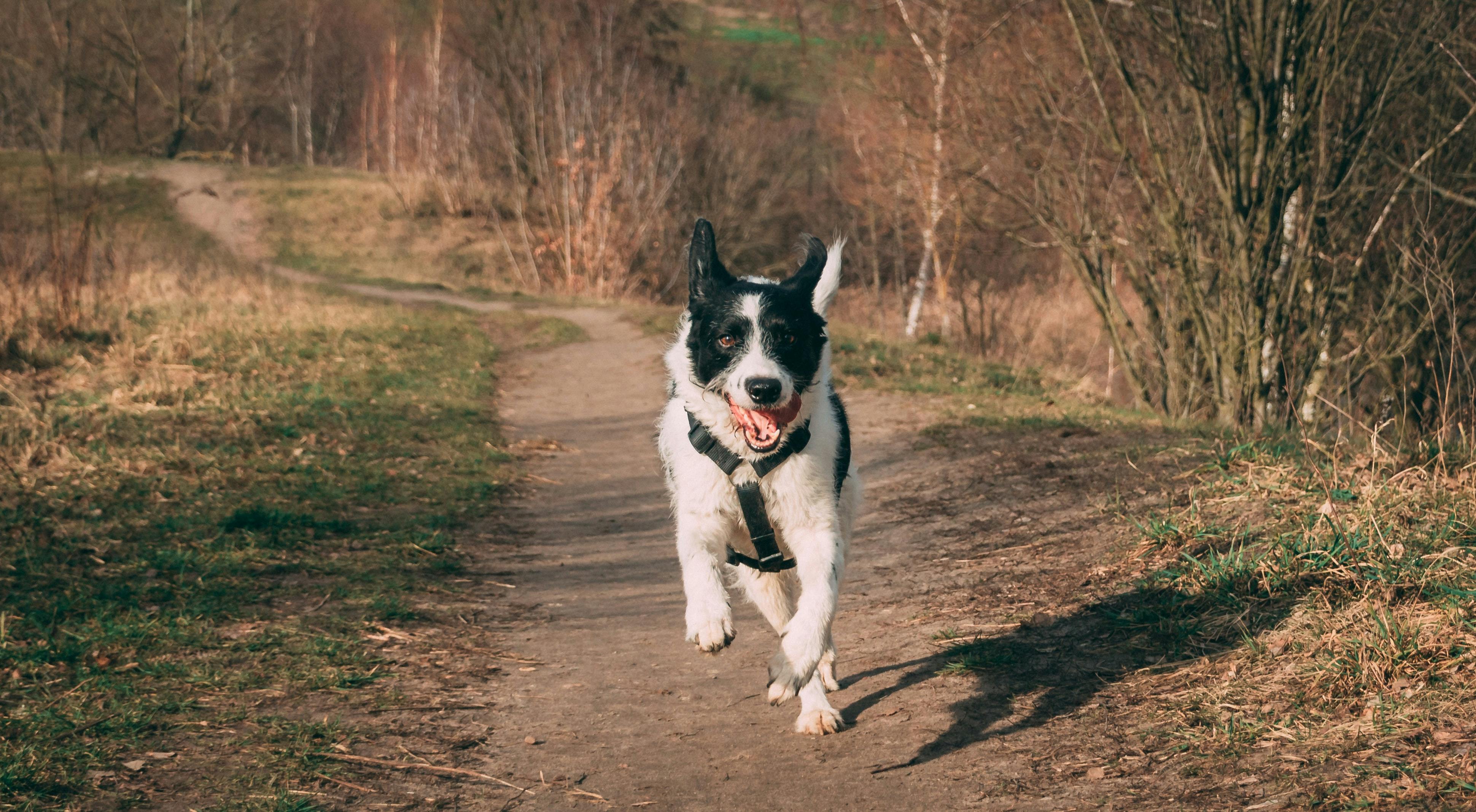Published: 5/27/2021
As pet parents, we want to make sure our pets are as healthy as possible — that means taking precautions to keep our dogs safe from diseases. While some diseases are genetic and may be inevitable, many canine diseases are preventable. In this article, we'll discuss some measures you can take to keep your dog happy, healthy, and safe from diseases.
Spay or neuter
We all know that
spaying and neutering our pets can prevent unwanted pregnancies, but did you know these minimally invasive surgeries can also prevent diseases? Spaying reduces the risks of cancers and infections in the uterus and mammary glands. What's more, neutering reduces the risk of prostate cancers and eliminates the risk of
testicular cancer.
Get your dog vaccinated
Non-core vaccines are sometimes called "lifestyle vaccines" — whether a dog needs them depends on lifestyle factors like if they attend daycare or spend a lot of time outdoors. Two of the most common non-core vaccines offered are
canine influenza and
bordetella vaccines, but there are many more. Ask your vet if there are any non-core vaccines your dog may benefit from.
Practice good hygine
Practicing good hygiene is essential to prevent the spread of transmittable sicknesses to both dogs and other humans. You can transmit viruses to your fur-baby if you pet an infected dog or touch a contaminated surface. Wash your hands regularly, especially when handling other animals.
Exercise Fido daily
Daily exercise has many mental and physical benefits for canines, including helping them maintain a healthy weight. Dogs at a healthy weight are at a lower risk for heart disease,
diabetes, and
arthritis. What's more, dogs at a healthy weight have a longer life expectancy than overweight canines.
Keep your pet away from wild animals
It's important that you don't leave your dog outside unsupervised since wild animals can carry diseases that canines can catch. Skunks and raccoons are known to spread distemper along with bacteria that can cause your woofer to get sick. Scuffles with wild animals can result in bites and scratches that can get infected. Play it safe by only allowing your dog outside with a leash.
Only use antibiotics when necessary
Overuse of antibiotics is a top contributor to antibiotic-resistant bacteria. Antibiotic-resistant bacteria like
MRSA have become a big problem in the veterinary and medical communities in recent years. Only give your pet antibiotics when your vet prescribes them, and follow the directions exactly as they are written.
If you have any remaining antibiotics after your dog's course of treatment is up, make sure you dispose of them safely. Never flush antibiotics down the toilet since this can cause them to enter the water supply. Instead, check your local pharmacy for medication disposal bins.
Groom Fido regularly
Regular grooming not only keeps pets looking great, but it can also prevent skin infections and matting. Brush your dog daily and bathe them as needed to keep them clean and healthy. Don't forget to clip Fido's nails regularly too. Ingrown nails can cause pain, arthritis, and infection.
Put your dog on parasite preventatives
Putting your dog on flea, tick, and heartworm preventatives is a simple way to prevent your dog from contracting parasite-transmitted diseases like
Lyme disease, and
Rocky Mountain spotted fever. Ask your vet about the right flea, tick, and heartworm meds to keep your pup safe from preventable illnesses.
Take care of your dog's teeth
Regular tooth brushing will not only help freshen your pup's breath, but it can also prevent periodontal disease. Periodontal disease can cause many more problems than just bleeding gums. If left untreated, periodontal disease can lead to organ problems, liver abscesses, blood poisoning, and bone infections.
Feed your dog quality kibble
Offering quality nutrition is so important for keeping your dog healthy. Feeding dogs a healthy mix of proteins, fats, and carbohydrates will ensure your pup stays at a healthy weight. Dogs at a healthy weight have a lower risk of developing tumors and high blood pressure.
Schedule regular checkups for your dog
Last but not least, take your dog to regular checkups. Wellness checkups are imperative for both disease prevention and early detection. Early detection can make all the difference when it comes to progressive illnesses. Make sure you're taking your fur-baby in for checkups at least once a year. Some vets may suggest checkups more often, especially if your dog is older or is has a genetic predisposition to certain diseases.


